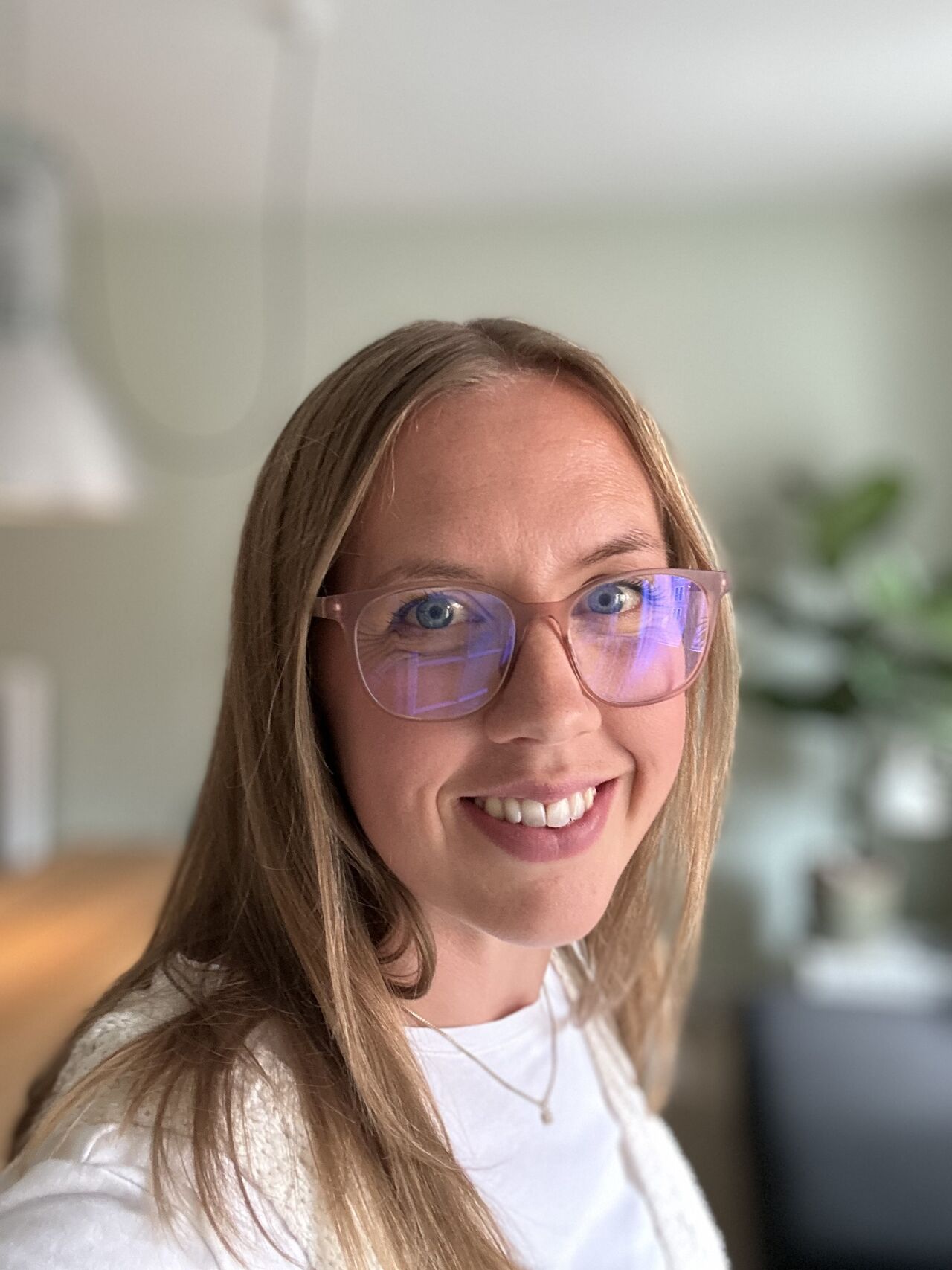What is accessibility?
➟ Digital accessibility is about creating inclusive digital experiences. Accessibility ensures that everyone can use your website or app, regardless of impairments or disabilities. By making sure no users are excluded, you help both your users and your organization achieve their goals.
For certain sectors, there are legal requirements for accessibility in websites and apps:
- Web Accessibility Directive (WAD): Applies to the public sector, including municipalities, regions, state authorities and bodies governed by public law.
- European Accessibility Act (EAA): Entered into force on June 28, 2025 and applies to e.g. banks, insurance companies, webshops, streaming services and passenger transport.
If you are covered by the legislation, your websites and apps must comply with the harmonised standard EN 301 549 – parts of which are the same as in the Web Content Accessibility Guidelines (WCAG 2.1 and WCAG 2.2).
Our goal is to help you comply with legislation and standards and create inclusive digital environments without barriers to participation, so no users are left behind.




